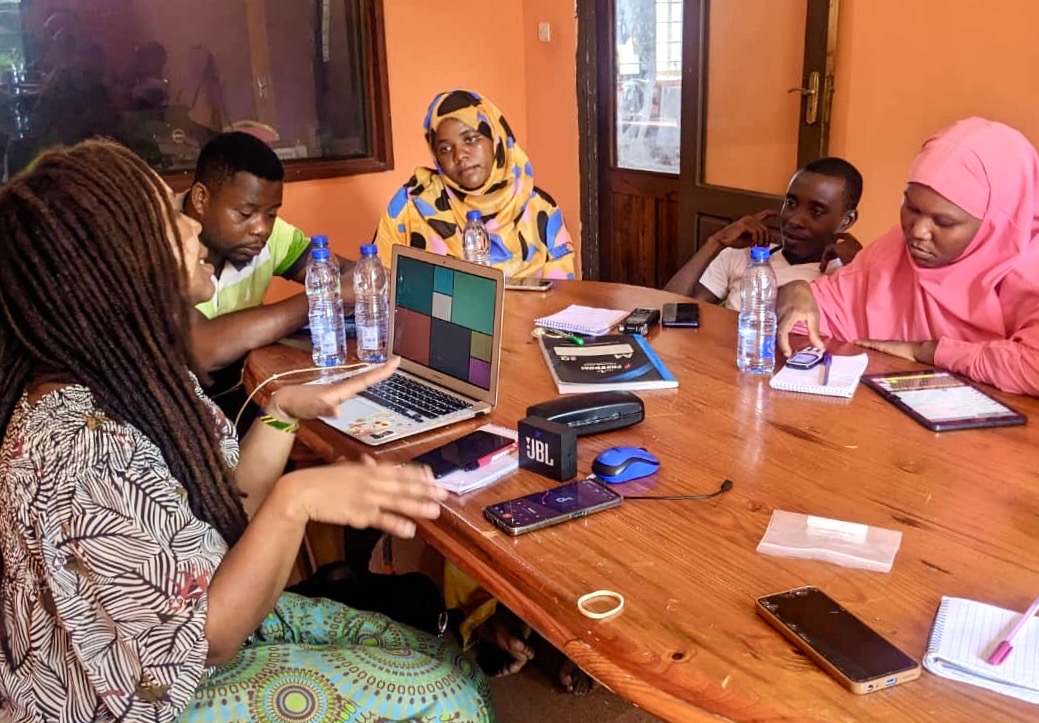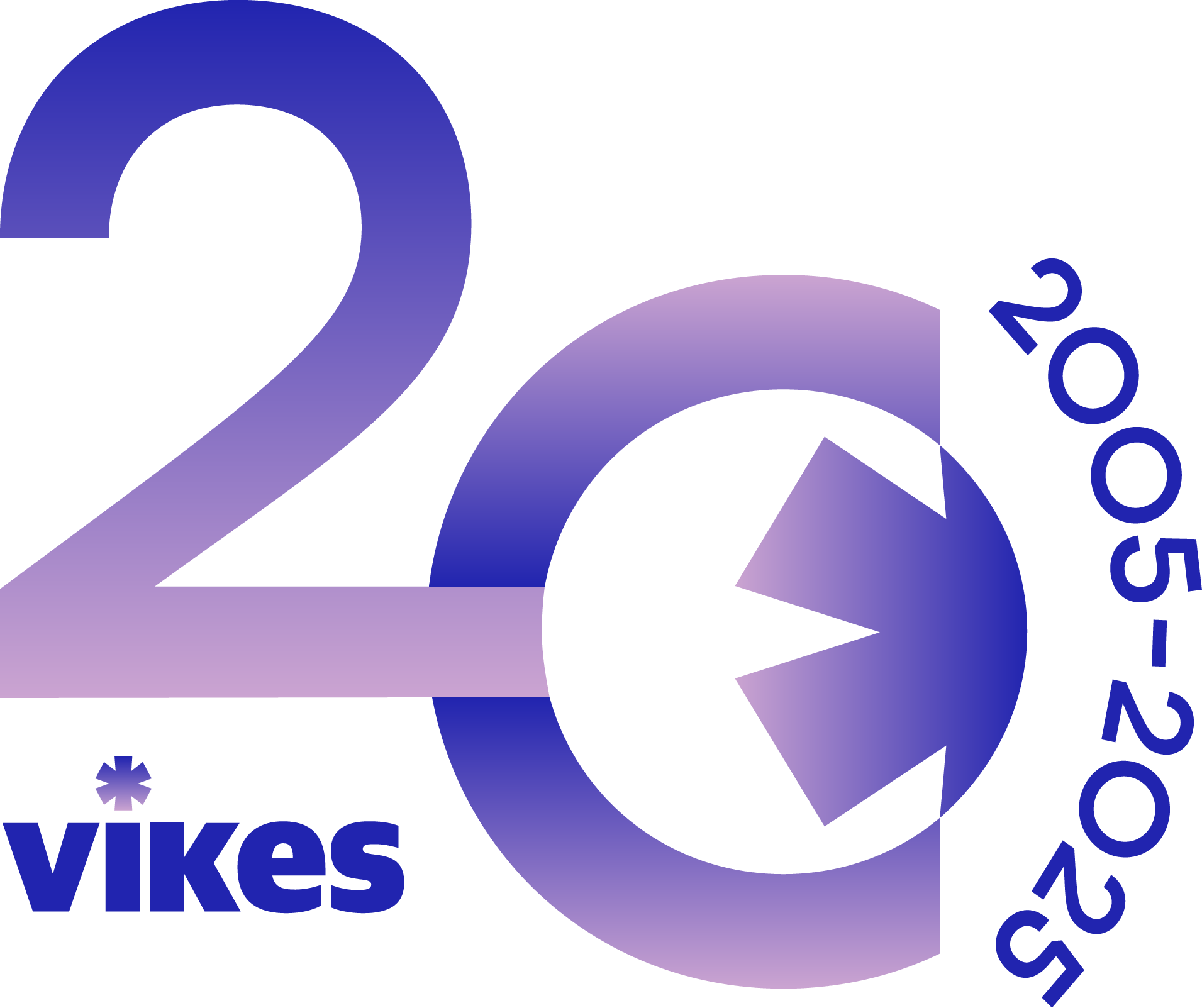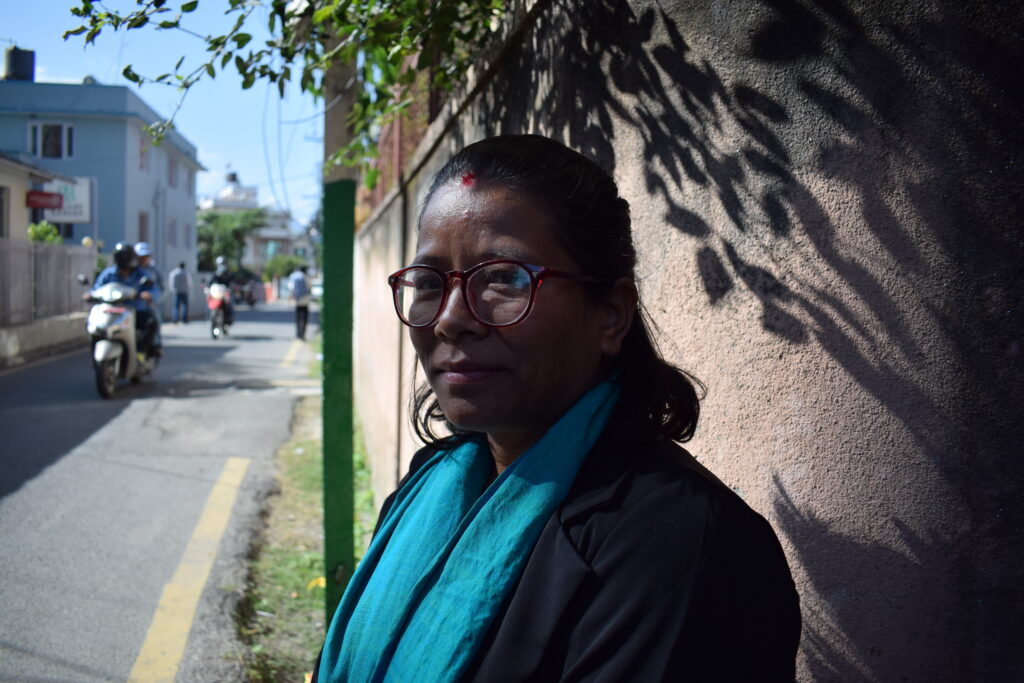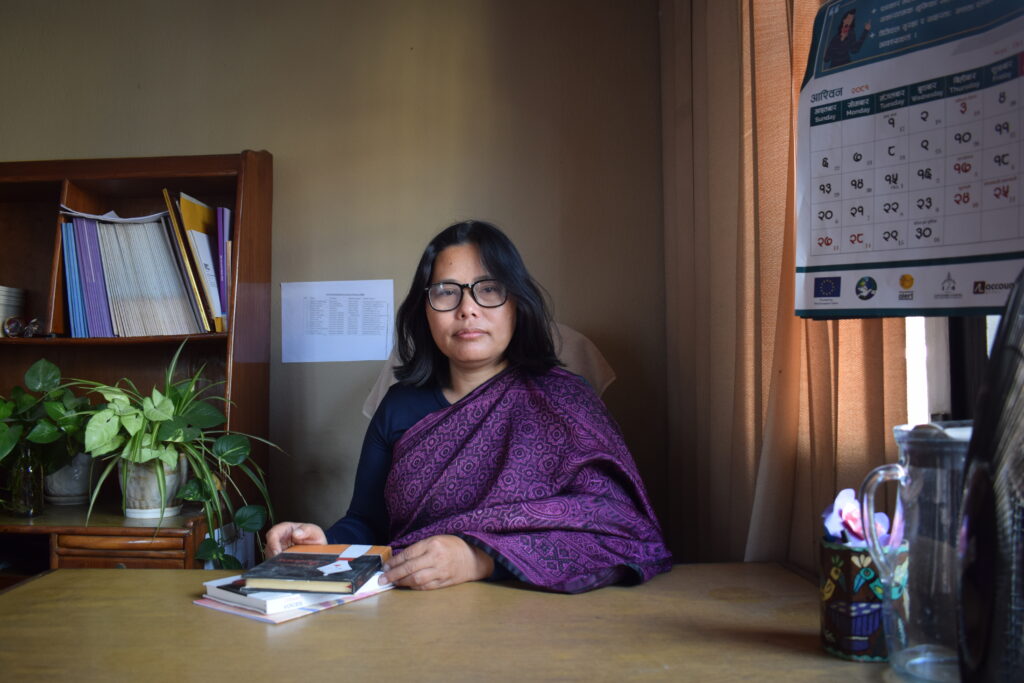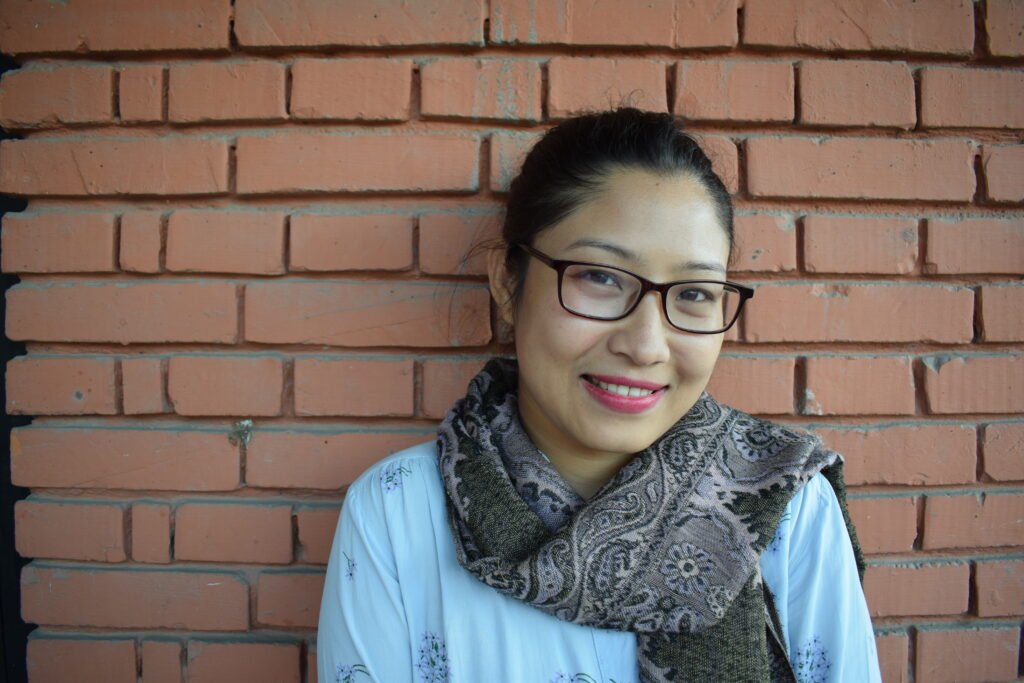Amkelwa Mbekeni-Kapanen, aradio multi-professional, spent two weeks in February 2024 in Tanzania with the Jamii FM community radio team, learning about radio production from peers. What were Amkelwa’s starting points when she volunteered, and what does the experience look like in retrospect?
Amkelwa began her radio career 25 years ago in her home country South Africa, on the university campus radio station. Since then, she has worked in radio on three continents for a wide range of channels. She is currently working for SahWira Africa International on a podcast on decolonisation and organising a support group for adopted South African POC children.
For Amkelwa, this type of development cooperation volunteering was the first of its kind, and “I would go again in a heartbeat if the opportunity arose,” she tells us about the project’s success. Both Amkelwa, who is critical of volunteering from a decolonisation perspective, as from Jamii FMs perspective.
An open mind allows for unbiased peer learning on both sides
“I went to Tanzania as a radio professional who may have something to offer community radio Jamii FM professionals in terms of long career experience.”
Amkelwa’s speech highlights two things that volunteers need to be aware of:
First, genuine peer learning must guide everything you do.
Learning is only possible with an open mind and a genuine desire to learn new things. The most important thing is to respect the local knowledge and understanding of the subject, and to offer support in a sensitive way.
According to Amkelwa, preconceptions may be held by those who leave to volunteer and those who receive them. And often the reality does not match what the preconceptions have prepared for.
Secondly, volunteers should have the ability and willingness to listen carefully to what local people want from a volunteer.
Making assumptions often does not lead to a good outcome. “The radio producers started by asking what kind of training I had prepared for them. I replied that before I can prepare any training, I need to know in detail about the challenges you face on a day-to-day basis. I can’t be helpful unless I know exactly what kind of support you are looking for,” Amkelwa says.
All Amkelwa’s work was guided by the principle of personal peer learning. “We learn something new every day. We worked on a personal level, maintaining constant feedback and looking together for ways to improve radio. And always on a take-it-or-leave-it basis. “What has worked for me may not work for someone else,” Amkelwa reminds.
African radio builds national unity and community
According to Amkelwa, radio is a very popular media tool in Africa, an integral part of daily life. “It is accessible, it is inclusive, it is interactive. Regardless of your educational background or wealth, almost everyone has access to radio.”
Amkelewa says that radio builds community in a way that is difficult to perceive from Finland. Radio stations are like loyal friends: they keep you company, inform you, educate you and provide information on local events and the economic situation.
“The radio station belongs to the people, and people feel it belongs to them. They call in to the radio station and share concerns or challenges they have identified in the community, to which solutions are sought together.”
The volunteering experience offers the opportunity not only to benefit from expertise, but also to look at your own work from a new perspective
“For radio journalists and experts from all walks of life, because diversity and broad representation bring value to any workplace,” says Amkelwa. “And, of course, solid experience and passion for a volunteer subject like radio builds the foundation for the work,” she adds.
Amkelwa is delighted with the tangible improvements they have made to Jamii FM radio over the past two weeks.
The experience also opened Amkelwa’s eyes in a whole new way to radio work and radio culture in Tanzania: “They are resilient, resourceful, loyal and committed. They get things done when it’s hard to do them and come up with really creative solutions to the problems they face in their everyday lives, for example during power cuts.”
“To cut your suit to fit your cloth” sums up the mindset within which radio worked. Radio is made with great passion, commitment and resourcefulness, with limited resources, from people to people, for the voice of the community. The trust of this community is not something radio personalities want to betray, even in the face of adversity.
